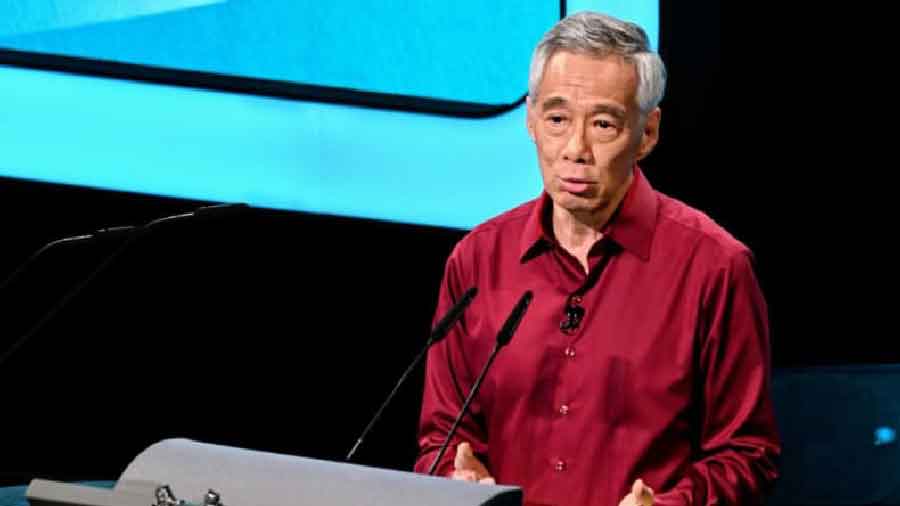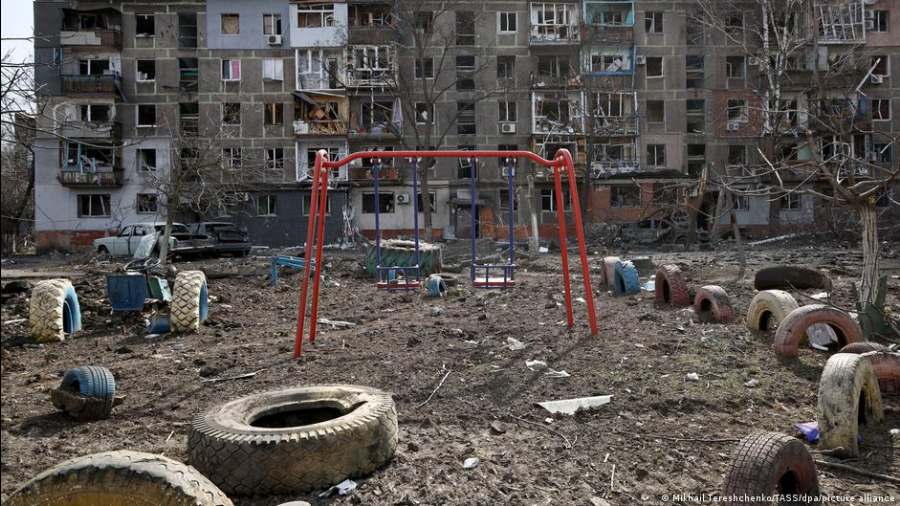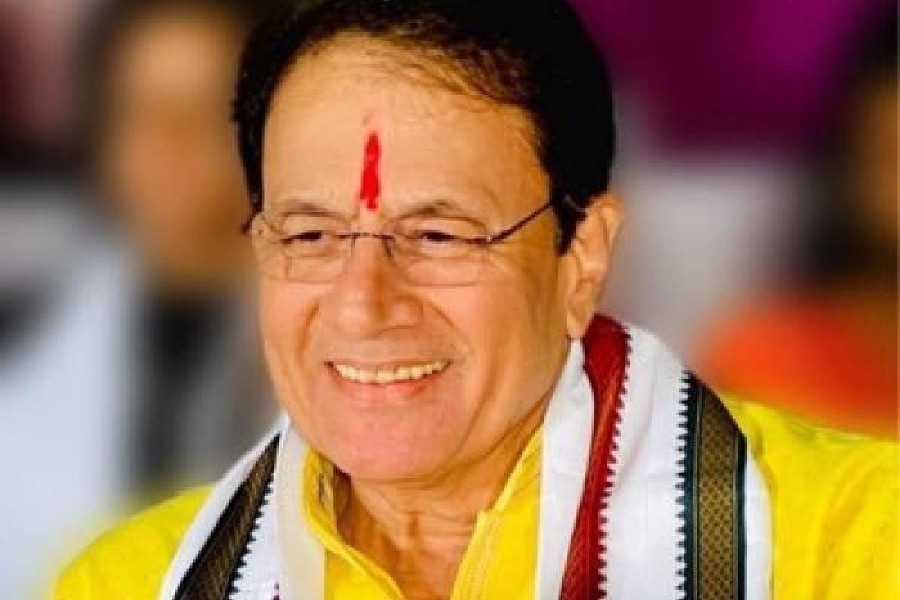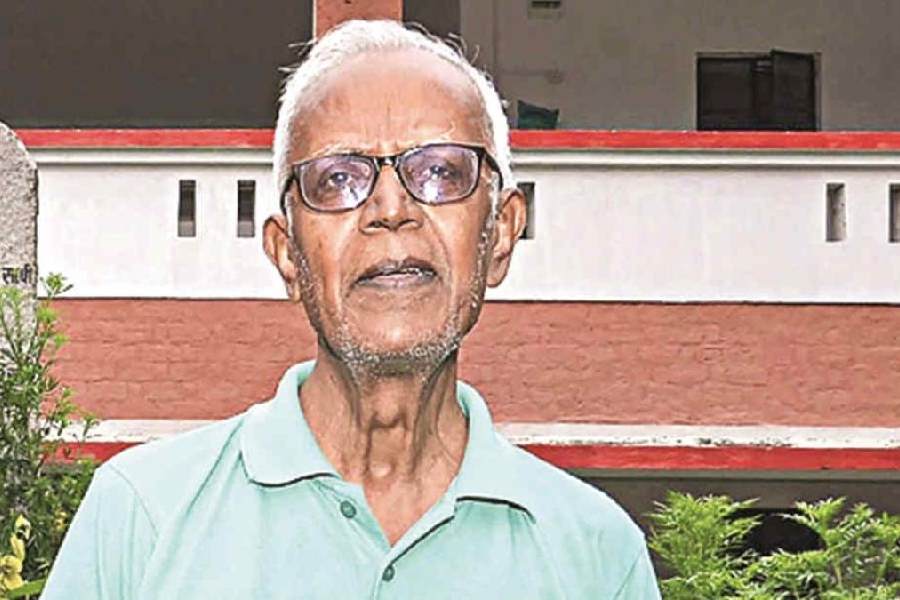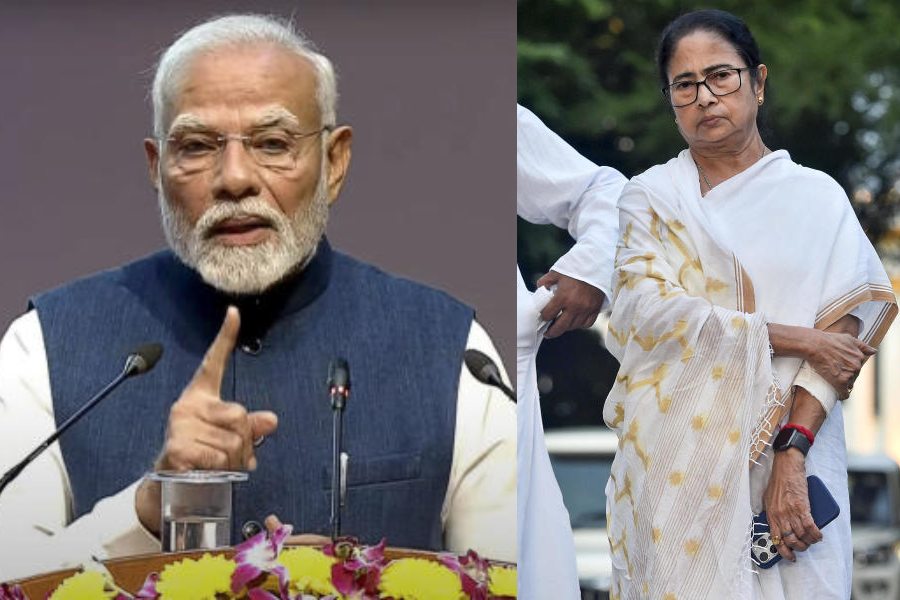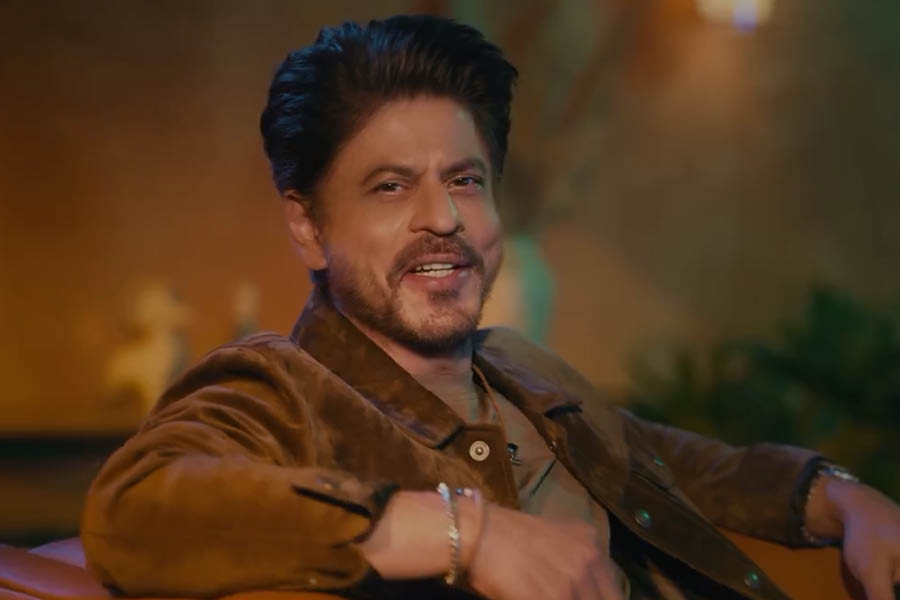Singapore Prime Minister Lee Hsien Loong said on Sunday that India abstained from voting on the United Nations resolution deploring Russia's invasion of Ukraine as the country buys military equipment from Moscow.
India abstained on the US-sponsored UN Security Council resolution in February that deplored in the strongest terms Russia's aggression against Ukraine, with New Delhi saying dialogue is the only answer to settling differences and disputes.
The resolution did not pass since permanent member Russia and the President of the Security Council for the month of February used its veto.
India, China, Vietnam and Laos abstained from voting on the United Nations resolution deploring Russia's invasion of Ukraine due to various considerations. India, for instance, buys military equipment from Russia, Lee said in Mandarin at an annual address to citizens of Singapore.
He says being the smallest nation in ASEAN, Singapore's interests and considerations are naturally different from others.
"This is why Singapore has not only explicitly condemned Russia's invasion but also went further to impose our own targeted sanctions on Russia, he said.
Lee said Singapore was not siding with the United States or Russia when it condemned the Russian invasion of Ukraine.
Singapore has to be firm in its position and defend fundamental principles robustly, he said, adding that the sovereignty and territorial integrity of all countries, big or small, must be respected, he said.
Singapore has consistently opposed the notion that might is right , Lee said, citing Singapore's voting at the United Nations against the US in 1983, when the Americans invaded Grenada, as well as Singapore's opposition to the Vietnamese invasion of Cambodia in 1978.
No one will speak up for Singapore if we are invaded one day if we do not stand firm and take a clear stand on the Ukraine crisis, he said.
In March, India abstained from the UN Security Council on a vote on a draft resolution by Russia on the humanitarian crisis in Ukraine.
Russia and China voted in favour of the Russian resolution, which made no reference to its invasion of Ukraine, while India was among 13 countries that abstained.
India had previously abstained on two occasions in the Security Council and once in the General Assembly on resolutions on Russia's invasion of Ukraine.
Unlike many other leading Western powers, India has not yet criticised Russia for its invasion of Ukraine and it abstained from the votes at the UN platforms in condemning the Russian aggression.
India faced flak from US lawmakers, both Republicans and Democrats, for choosing to abstain from UN votes to rebuke Russia's invasion of Ukraine. New Delhi has strong defence ties with Moscow.
In October 2018, India signed a USD 5 billion deal with Russia to buy five units of the S-400 Triumf air defence missile systems to ramp up its air defence, despite a warning from the then-Trump administration that going ahead with the contract may invite US sanctions.
The US has already imposed sanctions on Turkey under the CAATSA for the purchase of a batch of S-400 missile defence systems from Russia.
Despite strong objections from the US and the threat of sanctions from the Biden administration, India has refused to make any changes in its decision and is going ahead with the purchase of the missile defence system.
India pursues an independent foreign policy and its defence acquisitions are guided by its national security interests, the Ministry of External Affairs (MEA) said in November last year.
Lee also commented on the China-Taiwan tensions, saying it is one of the several factors straining the ties between the United States and China.
The Russian invasion of Ukraine has also impacted the global security landscape, he said, adding that the possibility of Asia-Pacific's major powers experiencing conflicts cannot be ruled out.
"We must all hope there are no miscalculations or mishaps in United States-China relations, he said.
The two powers are divided over issues such as rival ideologies and systems of government, China's growing influence, trade disputes, cyber espionage, Hong Kong and most recently, sharply escalating tensions over Taiwan.
The US and China need to work together on many pressing global issues, including climate change, pandemics and nuclear proliferation. But their tense relationship makes this almost impossible, which is bad news for the world, Lee said.
Although President Joe Biden and President Xi Jinping recently held a video call and agreed to meet in person, neither side expects relations to improve, he noted.
The Russian invasion of Ukraine has profound implications for the world and for Singapore, as it violates the UN Charter and fundamental principles of sovereignty and territorial integrity, Lee said.
The war has created deep hostility between Russia and other states, especially the US and NATO countries, he said, adding there are nuclear powers on both sides.
Security in the Asia-Pacific has also been affected as relations between the US and China's partners in Asia, such as Australia and Japan, have been strained.
Singapore will try to avoid being caught up in the power rivalry, Lee said.
The city state must stand firm on the fundamental principles of international law and work with other countries to uphold a rules-based order, such as by speaking up at the United Nations, he said.

